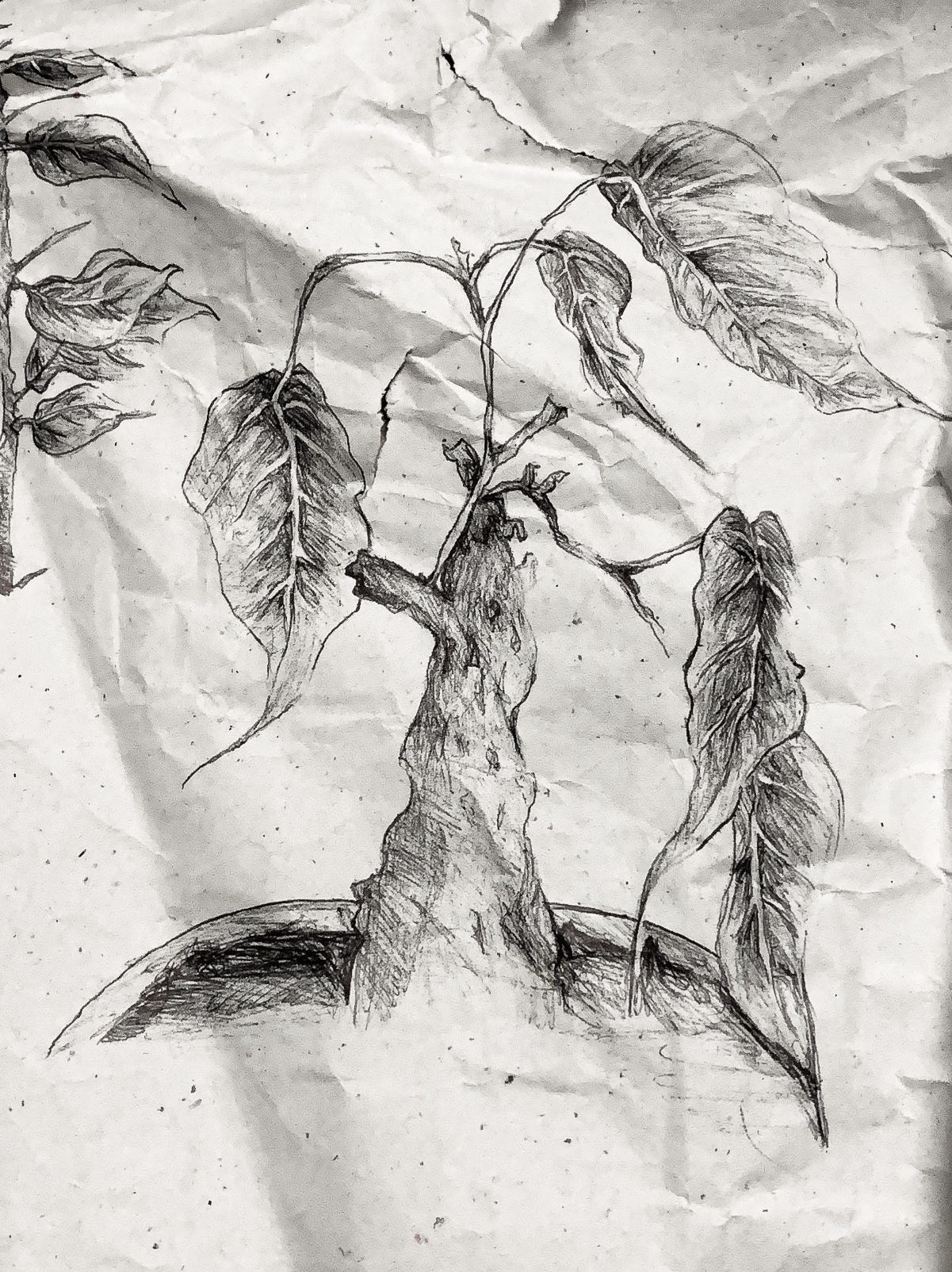#8: Of ambiguous loss
How does one grieve the living? CW: Death
In a hyperreal, interconnected world where feelings are felt in public more and more, it's hard to imagine that we don't regularly contend with all that we face. But with bright light comes dark shadows, and in these shadows lurk the broken strings of love and friendship, unresolved grief, the yearning for someone who is in the same room yet too far away.
The circumstances of loss are often perceived as a binary — a distinct shift from one to another, a line in the sand, if you will. Here today, gone tomorrow. But there are some losses that stick like tar in your lungs, uncomfortable yet unable to run away from. They come from the purgatory of life and death — the unknown — and bring with them a sense of cruel mystery and helplessness that is disorienting. Like the edge of a table that juts out just so, so we bang our shin when we're not paying attention. We carry them about, let them weigh down our soul even as we laugh with friends and gallivant with strangers. We want mastery over it, but it has mastery over us.
I'm personally engaged in a battle with complicated losses and the solitary grief that comes of them. As I struggled to put a name to these flitting feelings of hope, guilt and doubt, I stumbled upon the work of Pauline Boss. The therapist, educator and researcher has given a name to this phenomenon, experienced so frequently in a variety of situations: "ambiguous loss".
A revelatory facet of this theory is physical absence with psychological presence vs. physical presence with psychological absence. In simpler terms, that's "leaving without goodbye" and "goodbye without leaving". And while Dr Boss originally probably intended for these to apply in familial contexts, I'd go out on a limb so say that they lend themselves very well to the smaller losses we experience as humans — those that build up but are never mourned. Friendships, for example, or homesickness for the past.
I've grown out of a lot of friendships, but I keenly feel the ambiguous loss of one person, because they are still around, and the residue of the connection I have with them still remain. How does one go about grieving the living? They're still here, still doing the same things we used to do except we're not doing it together anymore. Reminders of their existence are all too invasive thanks to social media — a post here, a like there, a story view on occasion. There is a them-shaped void that can't quite be filled with someone else, but there's no going back because the sands of time have blown all over that opportunity. I wonder, is this ambiguous loss? That would explain the complicated grief, for someone that is here but isn't.
With certain loss-inducing situations, such as death or cleanly-ended relationships, we are convinced of reality — through week-long rituals, prayers, eulogies, drastic haircuts. There is permission to accept that the person is gone, and that chapter is closed by this obvious loss.
But there's no such certainty in the ambiguous loss. A human relationship ruptures, but it isn't quite gone. Instead, there's a thick overhanging fog of ambiguity, hope, and complicated grief that can't be resolved because one can't "call" the loss, can't name it and send it on its way. The pain is disenfranchised because the loss can't be openly mourned.
“You walk on / Still beside me, / Eyes shadowed in dusk; / You’re the / Lingering question / At each day’s end. / I have to laugh / At how / Open-ended you remain— / Still with me / After all these years / Of being lost. / I carry you like / My own personal / Time Machine, / As I put on my lipstick, smile, / And head out to / The party.”
— Donna Carnes, “Move On”


Thank you for writing this <3